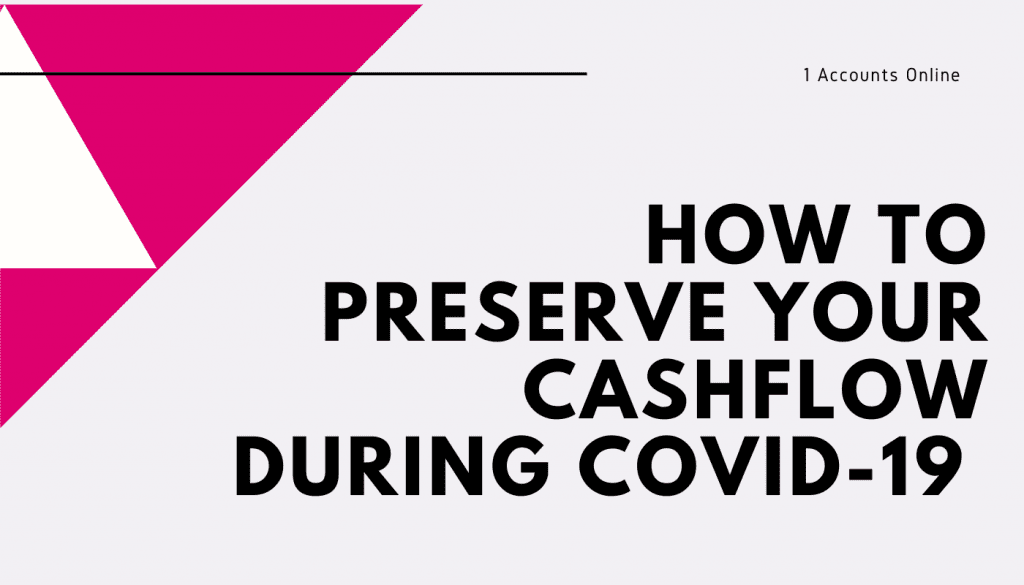
How to preserve your cashflow during COVID-19 As the saying goes, turnover is vanity, profit is sanity and cash flow…

How to preserve your cashflow during COVID-19 As the saying goes, turnover is vanity, profit is sanity and cash flow…
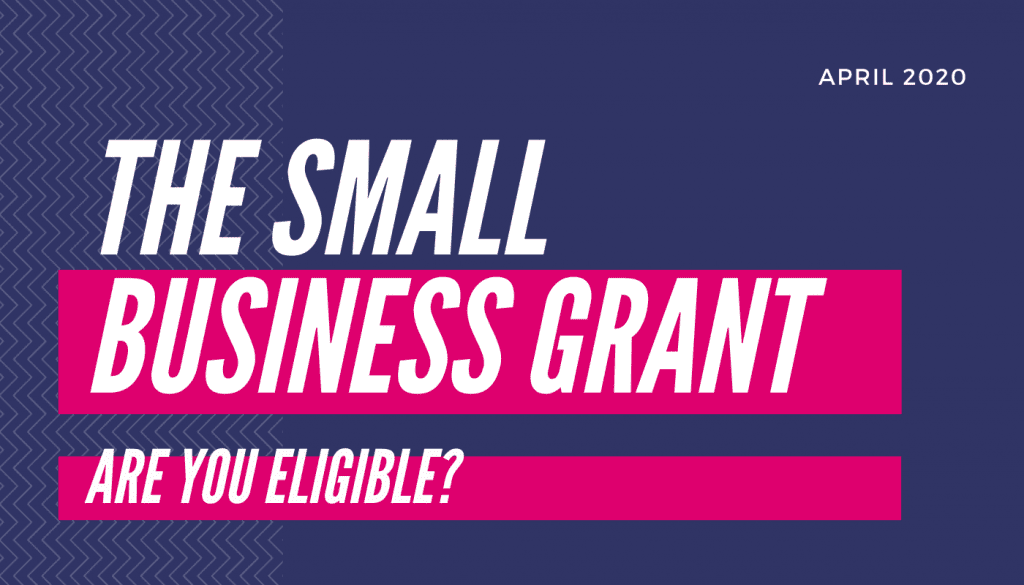
Claim Your Small Business Grant – TODAY If your business is eligible for small business rate relief OR rural rate…
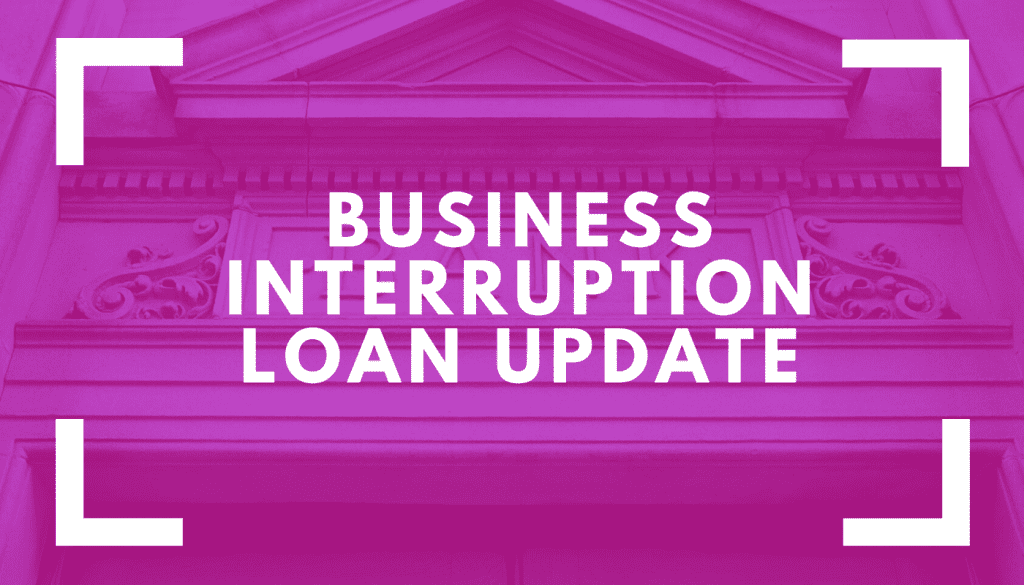
Business Interruption Loan Update We don’t have full details yet, but we wanted to let you know that the Coronavirus…
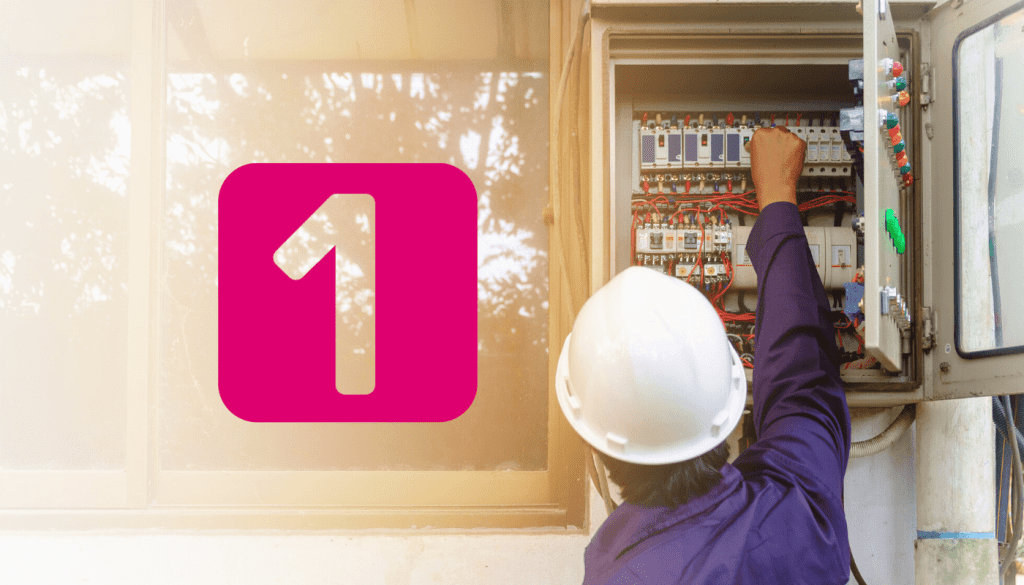
What help is there for the self employed? It seems that every day the realities of the situation the economy…
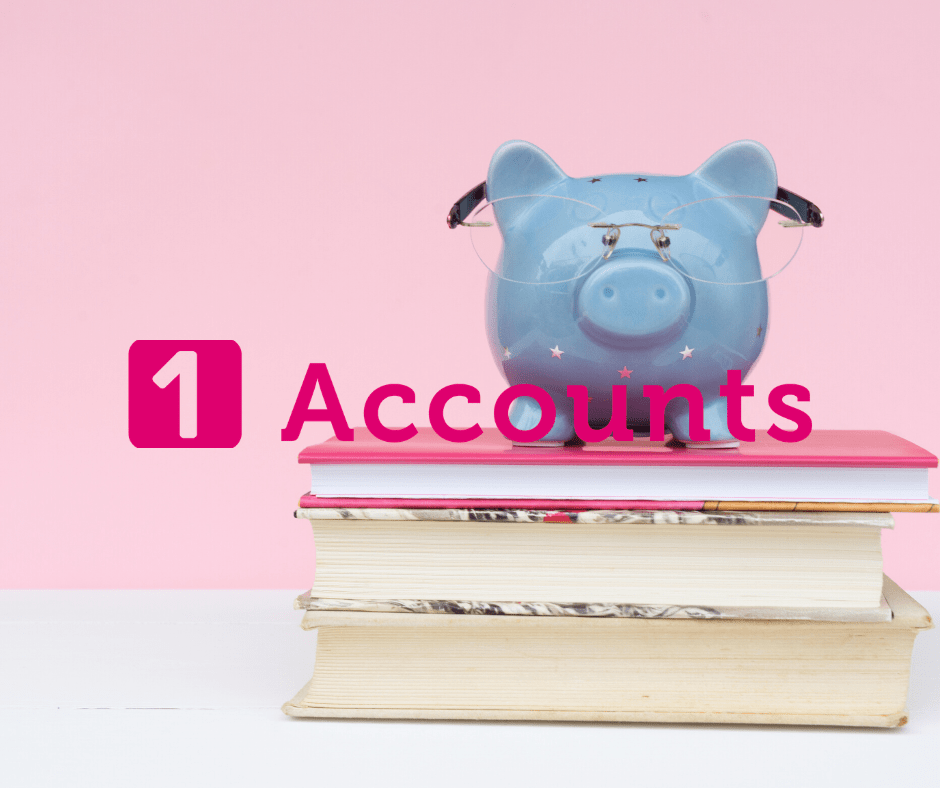
The Ultimate Guide to the Different Types of Business Financing Small business loans are being approved at an unusually high…
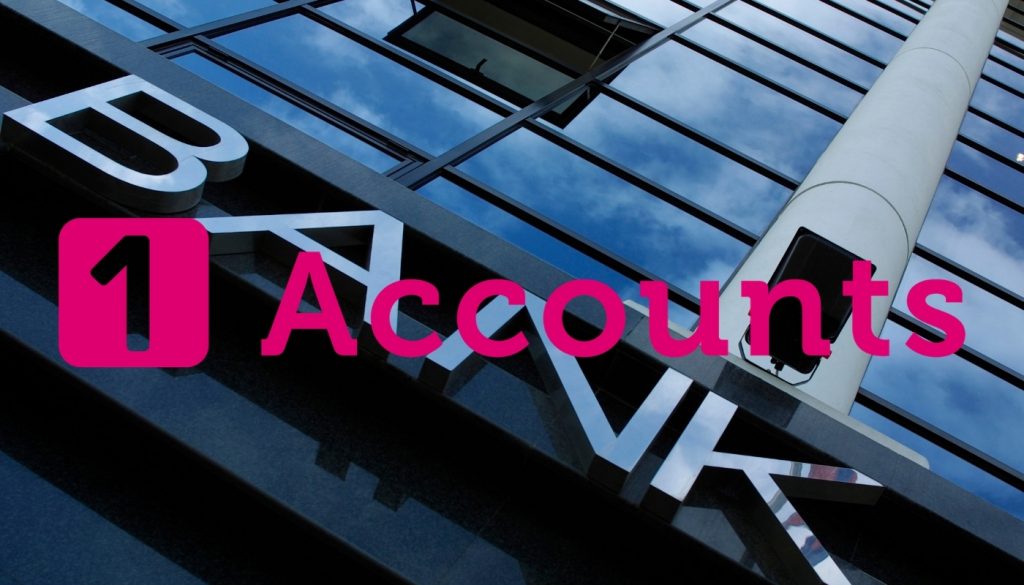
You Are Not A Bank As a small business, credit control can be a nightmare. Paul will tell you that…